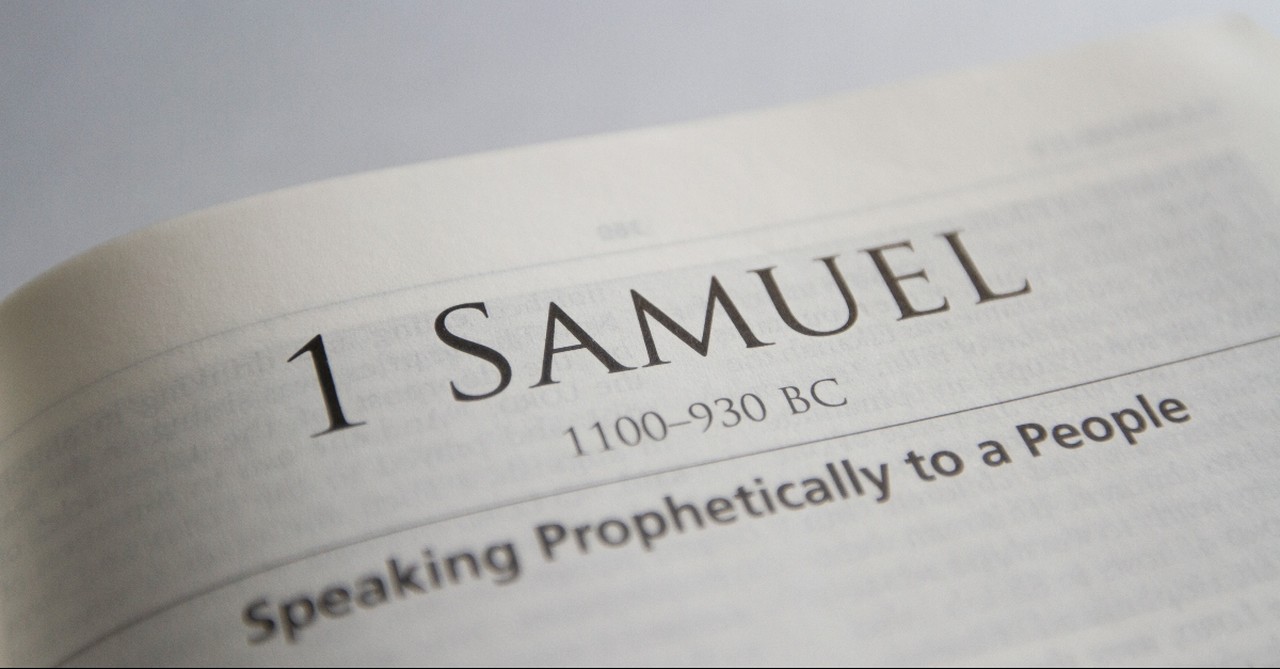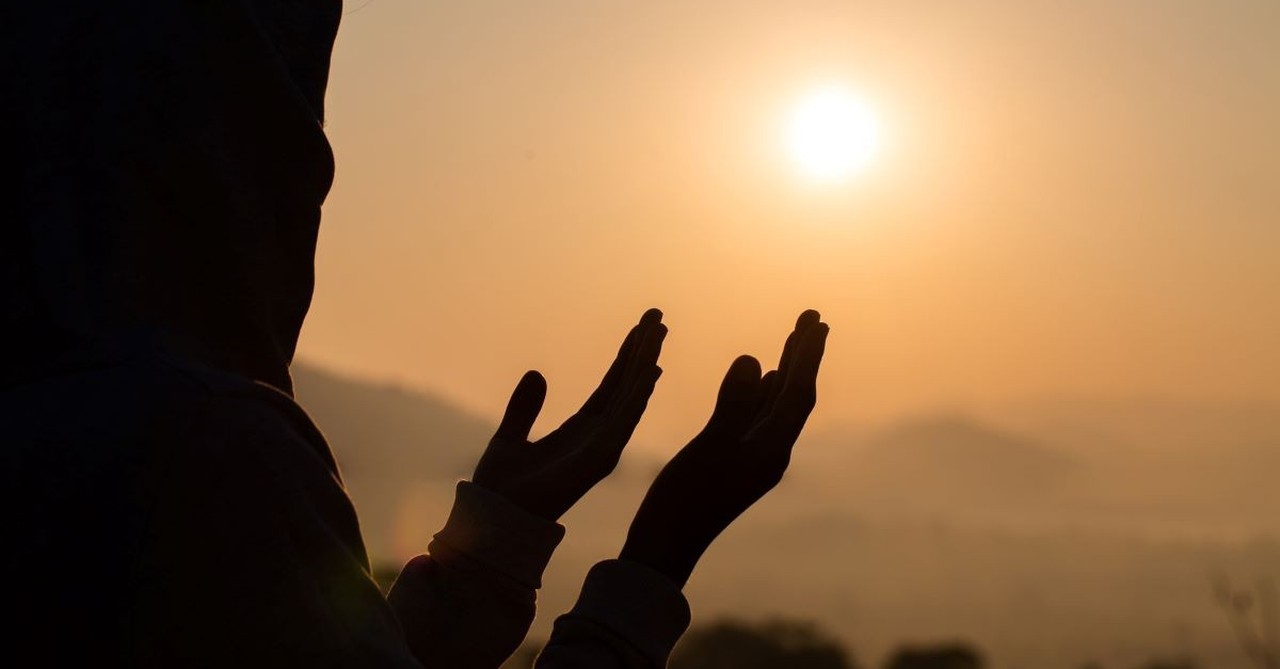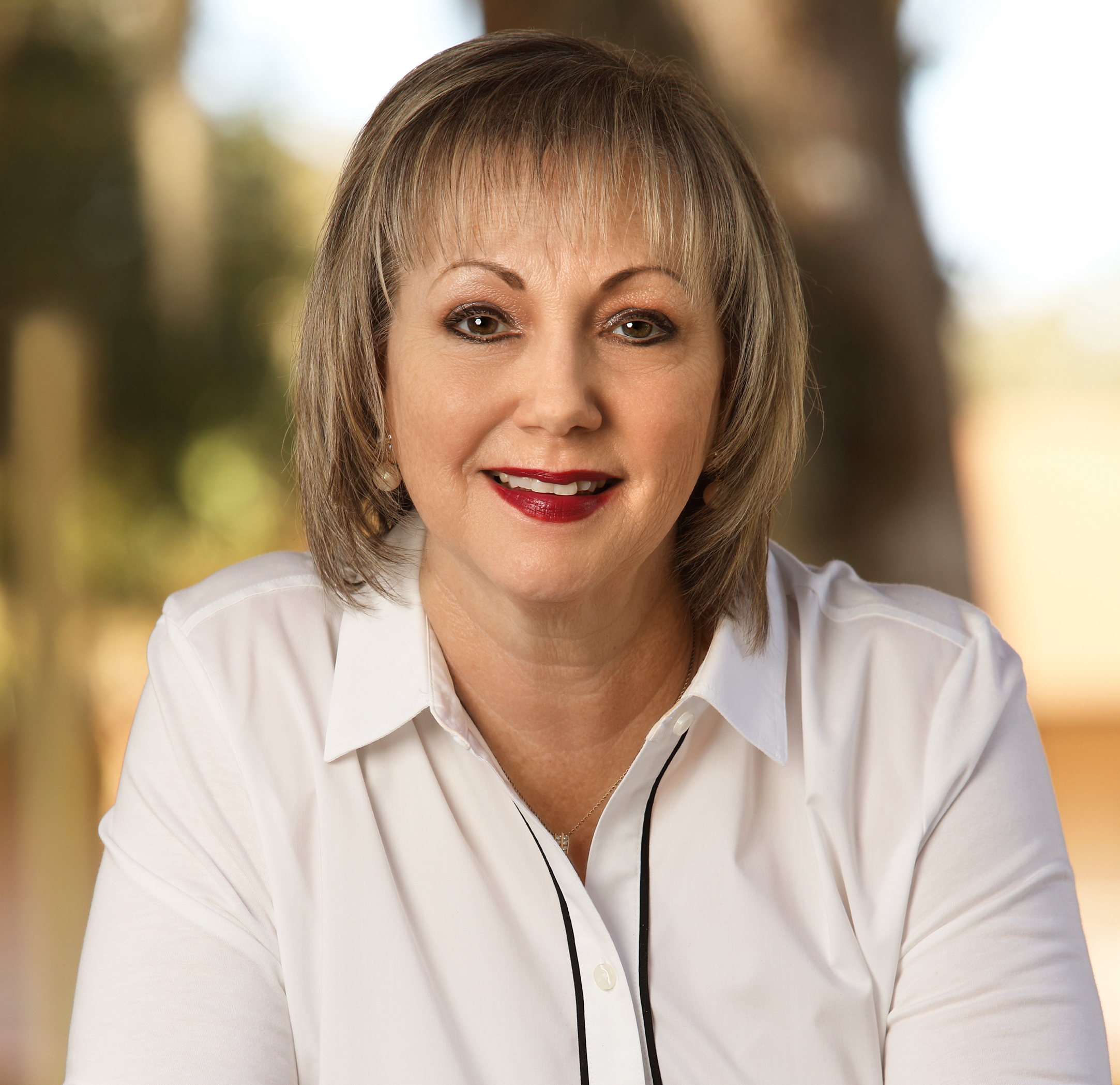10 Things Modern Christian Women Can Learn from Hannah’s Story

Have you ever known someone—perhaps in your own family or in your neighborhood or at your workplace—who rubs you the wrong way? Who treats you with sarcasm and disdain? Who pushes your buttons until you are left with little to do but weep and then cry out to God?
Have you ever prayed for something, prayed without ceasing, only to live year after year without hearing God’s answer?
Have you ever been misunderstood by someone you loved and who loved you or by someone who didn’t know you at all?
If you have answered yes to any of these questions, you have a sister in biblical Hannah.
Photo Credit: ©iStock/Getty Images Plus/kieferpix
A Look at Her Story

A Look at Her Story
SLIDE 1 OF 6
The Book of 1 Samuel opens with the story of a man named Elkanah and his barren wife Hannah. A common practice in those days—approximately 1100 years before the time of Jesus—among husbands and wives who were in such a situation was to bring in a second (and sometimes a third) wife. While this seems unheard-of to our modern Western ears, the alternative was to divorce the first wife and remarry. But the Bible tells us that Elkanah loved Hannah (1 Samuel 1:5), so he married a second wife named Peninnah.
Peninnah had sons and daughters for Elkanah (1:4) while Hannah remained childless. Because of this, Peninnah taunted her husband’s first wife.
Three times a year, Jewish men were required to leave their homes and go to where the Tabernacle resided to worship God and to make a sacrifice. Year after year, Elkanah, Hannah, Peninnah and her children went from Ramathaim to Shiloh, which is where the Tabernacle stood.
Each time, Peninnah took this opportunity to verbally abuse Hannah because she had no children and, each year, Elkanah showed Hannah how much he loved her over Peninnah by giving her a double portion of the sacrificial meat (1:4). And, with that, the cruelty from Peninnah toward Hannah grew worse.
This went on the Bible says year after year (1:7). Each year, Hannah agonized, unable to eat (1:7). Elkanah tried to make things better, but he couldn’t. Hannah knew (as did Peninnah) that the fault of not having children rested within her. After all, her husband had been able to give Peninnah children (and her him). She could not.
Finally, one year after the meal, Hannah stood up (1:9). Within the tabernacle she wept and prayed, and, in bitterness of soul, she made a vow before God. “O LORD Almighty, if you will only look upon your servant’s misery and remember me, and not forget your servant but give her a son, then I will give him to the LORD for all the days of his life, and no razor will ever be used on his head” (1:11).
As it happened, Eli—the priest—saw her and misunderstood her anguish for being intoxicated. He scolded her openly, but she quickly said, “Not so, my lord. I am a woman who is deeply troubled. I have not been drinking wine or beer; I was pouring out my soul to the Lord. . . I have been praying here out of my great anguish and grief.”
Eli answered, “Go in peace, and may the God of Israel grant you what you have asked of him” (1:15-17).
Hannah left no longer downcast. In the course of time Hannah conceived and gave birth to a son who she named Samuel. When Samuel had been weaned from his mother, she took him back to Shiloh, back to Eli, and left him in the care of the old priest to serve as an apprentice.
Samuel grew up to become the great judge of Israel, a divinely ordained leader, prophet, and priest. He was the transitioning figure in a time when Israel shifted from judges to kings. He anointed both Saul and David before their ascension9i8[7 to the throne. Additionally, he held such great respect as to be equated, by God, with Moses.
Then the Lord said to me: “Even if Moses and Samuel were to stand before me, my heart would not go out to this people” (Jeremiah 15:1).
Here are ten things women today can learn from Hannah:
Photo Credit: ©Sparrowstock
1. No matter what you are going through, you are not alone.

1. No matter what you are going through, you are not alone.
SLIDE 2 OF 6
Hannah’s story is not wholly unique. We can read of other barren women in the Bible, all who went on to give birth to unique biblical characters. In the Old Testament, we read of Sarah, the wife of Abraham, who was barren until she was in her 90s. After years of prayers and promises, God opened her womb, and she gave birth to Isaac. Forty years later, Rebekah—who married Isaac—found herself in a similar situation. In time, she gave birth to twins, one who was Jacob. Jacob’s wife, Rachel, was unable to have children, but when God willed it, she gave birth to two sons, one being Joseph. Samson’s unnamed mother was initially barren, and, in the New Testament, we read of Elizabeth, the relative of Mary the mother of Jesus, who was unable to conceive until she, like Sarah, had grown old. She named her son John.
2. Sometimes God says “no,” and sometimes God says, “not yet.”
In Hannah’s case (as well as those mentioned above), God’s silence was not a “no,” but a “not yet.” If we look at the stories from the women above, we learn that their children were born for a purpose greater than their mothers could have imagined. Isaac was the promised son of Abraham. From him Abraham would begin to see the promise God had made to him of becoming a great nation. Jacob became the patriarch of the twelve tribes of Israel. Joseph saved the world as he knew it—including the Jewish nation—from starvation and annihilation. Samson, even with his faults, saved Israel from the Philistines, and the son Elizabeth named John became best known as “the Baptizer” who made a way for the coming Messiah.
God’s purpose and timing is rarely something we can fully grasp, but it is always perfect.
Photo Credit: ©Getty Images/PeopleImages
3. There are things only God can fix.

3. There are things only God can fix.
SLIDE 3 OF 6
Elkanah loved Hannah but he could not fix her problem, which wasn’t Peninnah and her taunts but rather being unable to conceive. In their day and time, a woman’s purpose was to have children. This is where she found her greatest joy. To be unable to have children was considered a curse.
Elkanah tried to fix things for Hannah. Her husband Elkanah would say to her, “Hannah, why are you weeping? Why don’t you eat? Why are you downhearted? Don’t I mean more to you than ten sons?” (1:8).
This is one of those moments when, had Dr. Phil been around, he would have asked Elkanah, “How’s that working for you?” In other words, “Listen up, Elkanah. Your words fall under ‘things not to say to a woman who is weeping.’”
We don’t see Hannah crying out to her husband but to God. When she “stood up,” she didn’t point to Elkanah and say, “Get me pregnant or I will die” (such as Rachel said to Jacob in Genesis 30:1). Neither did she point to Peninnah and demand of Elkanah, “Get rid of that woman who is making my life miserable” (such as Sarah said to Abraham in Genesis 20: 9,10). Instead, she stood up and went to God who alone could give her peace whether He opened her womb or not.
4. Get yourself a prayer partner.
Although Hannah prayed alone before the Lord, she brought Eli in on her request. He, in turn, agreed with her in prayer. “Where two or more are gathered in my name,” Jesus said, “there am I with them” (Matthew 18:20).
Photo Credit: @rainierridao
5. Be specific in your prayers.

5. Be specific in your prayers.
SLIDE 4 OF 6
Hannah was specific with God as to what she wanted and what she would do in return. She asked for more than a child. She asked for a son. Once that promise was fulfilled, she said, she would return with her son, and he would serve God as a Nazarite. We see this in the details of “no razor will touch his head” (1:11).
Hannah’s prayer life is also evident in this first chapter of the Book of Samuel. Praying was not something new to her—Hannah was a praying woman. In verses 10, 12, 13, 16, 26, and 27 we see clear proof of how important prayer was to her.
6. Never give up—pray without ceasing.
“Rejoice always,” Paul wrote in 1 Thessalonians. “Pray continually, give thanks in all circumstances; for this is God’s will for you in Christ Jesus” (5: 16-18).
Hannah did just this. Year after year she went with her husband to the Tabernacle. This one particular year, even when Elkanah had not said the right thing, even when Peninnah had not stopped ridiculing her, even when the priest Eli thought she was drunk, she kept praying.
Photo Credit: ©GettyImages/Layland Masuda
7. Worship While You Wait

7. Worship While You Wait
SLIDE 5 OF 6
When Hannah leaves Eli, she is a different woman. She walked into the tabernacle broken and anguished, but after laying her burden at the footstool of God, she walked out with her chin up and with hope—not because of what she had or didn’t have (she’s not pregnant yet!), but because of who God is.
Years before, Moses stood before a burning bush and heard God say, “Go back to Egypt and demand that Pharoah let my people go.” Moses had questions, of course, the first being, “Who am I to do this?” God answered, not by saying who Moses was, but by telling him who He is. “I will go with you,” God said (see Exodus 3: 1-12).
Hannah needed no such conversation, even when worshipping did not come easy. She worshiped God before her prayer was answered and again after. We are not told how long she had to wait—in the course of time, the text reveals—but we also do not read that she was ever downcast again. While we don’t know the exact words of her pain-filled prayer before conception, 1 Samuel 2: 1-11 records her beautiful prayer after Samuel was born and after she had fulfilled her vow to God.
8. When we make a deal with God, we must fulfill our end.
I am a mother and a grandmother. I cannot imagine ever giving birth to a long-awaited child, nursing and caring for that child, and then—after three to five years—taking that child to a location approximately 15 miles away and giving my son to a near-stranger to raise. But this is what Hannah did—she brought Samuel to Eli as she promised God.
Just because we make a promise to God, this does not ensure that the fulfillment will be easy. But a vow is a vow; a promise is a promise. Hannah gave Samuel to God so that he could fulfill a greater purpose. And what did God do?
Photo Credit: ©GettyImages/Tinnakorn Jorruang
9. Expect greater things than you asked for.

9. Expect greater things than you asked for.
SLIDE 6 OF 6
Jesus asked, “If a son asks for bread from any father among you, will he give him a stone? Or if he asks for a fish, will he give him a serpent instead of a fish?” (Luke 11:11 NKJV).
Hannah’s blessings did not end with Samuel.
Samuel was ministering before the Lord—a boy wearing a linen ephod. Each year his mother made him a little robe and took it to him when she went up with her husband to offer the annual sacrifice. Eli would bless Elkanah and his wife, saying, “May the Lord give you children by this woman to take the place of the one she prayed for and gave to the Lord.” Then they would go home. And the Lord was gracious to Hannah; she gave birth to three sons and two daughters. Meanwhile, the boy Samuel grew up in the presence of the Lord (1 Samuel 18-21).
We often say, “You cannot outgive God.”
This is true. You cannot. As Jesus taught, “Give, and it will be given to you. A good measure, pressed down, shaken together and running over, will be poured into your lap. For with the measure you use, it will be measured to you” (Luke 6:38).
10. We were made uniquely for a purpose.
We are not satisfied spiritually until we are completed in that which we are called to do. We may not always know what it is initially, but eventually God plants a seed into the heart of His daughters that must be watered and cultivated. Nothing else will do.
When we, like Hannah, recognize and see that purpose come to fruition, we bless God.
And He, in turn, blesses us beyond measure.
Photo Credit: ©Gettyimages/Xixinx

Originally published October 30, 2025.









